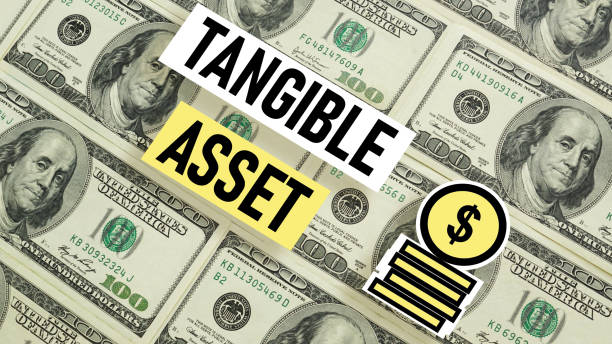Modern financial life is not complete without loans. Loans can help people achieve their goals, whether they are buying a house, going to college, or starting a new business. Life is unpredictable, and unexpected financial problems can occur, making it hard to repay the loan as agreed. Borrowers are often faced with the option of loan settlement in such circumstances. What is loan settlement, and how will it affect your score? Learn more about how the process works and what impact it has on your credit score.
What is Loan Settlement?
When a borrower is unable to repay a loan according to the original terms, a settlement process occurs. The lender will offer to pay a lump sum to settle the account. The settlement amount will usually be lower than the outstanding loan balance. It is important to remember that the loan settlement period is typically followed by a non-repayment period, during which the borrower will not be required to make regular payments.
Loan Settlement Example
Take Kumar as an example. He took out a five-year personal loan. Two years after the loan was taken out, Kumar lost his employment. He eventually found a new job after six months of unemployment, but it was at a lower salary. Kumar’s income was reduced, and he realized he couldn’t afford to make the loan payments each month. Kumar, in this difficult situation, approached the lender and asked about the possibility of paying off the loan.
The lender assessed Kumar’s financial situation and offered him an amount that could be paid to close the loan. Kumar accepted the lender’s proposal and paid the reduced amount, effectively paying off the loan.
What is the process of a lender for Loan Settlement?
Loan settlement processes are not standard and can vary from lender to lender. Lenders determine the settlement amount at their discretion, based on various factors, such as the loan value, the amount of money repaid so far, and the reasons given by the borrower to seek a settlement. Lenders can offer different settlement amounts based on the unique circumstances of each borrower.
Lenders may write off part of the loan if they believe that the borrower has a legitimate reason for not repaying the loan. This will facilitate settlement. It’s important to remember that lenders will only agree to a payment if the borrower is willing to pay the entire amount in one lump sum. The lender can also specify a period of non-repayment during which the borrower will not be required to make payments.
In the records of the lender, despite the fact that the loan has been settled, it is marked as “settled” instead of “closed.”
How does loan settlement affect your credit score?
Lenders rely heavily on loan disbursements and the subsequent interest-bearing repayments. When a settlement agreement is reached for a loan, this can impact the lender’s performance financially. The impact of this agreement is reflected in the credit score of the borrower.
Credit rating agencies such as CIBIL TM (Credit Information Bureau (Indian) Limited) view loan settlements as a sign of a borrower’s poor financial behavior. The lender will usually report to credit rating agencies the information that a borrower has successfully negotiated a settlement of a loan with the lender. This reporting triggers several actions:
- The agency marks the deal as “settled.” This information will be shared with all credit rating agencies.
- A borrower may be flagged for being unsuitable or risky to credit. This is due to a settlement that lowers the creditworthiness of the borrower, which results in a decrease in their credit score.
All credit rating agencies keep this information on their files for up to 7 years. Borrowers who have paid off their loans might find it difficult to get new credit cards or loans during this time. Lenders might reject their application if they believe that the borrower is not capable of repaying all loans.
Is it possible to remove the Loan Settlement status on your credit report?
You can improve your creditworthiness if you have settled a previous loan and are worried about its impact on your score. Here’s what to do:
1. When possible, avoid Loan Settlement: The most effective course of action is to prevent the loan settlement completely. It’s important to contact your lender as soon as you become aware of financial problems. You may be able to find solutions from your lender, such as a temporary break in payments or a revised payment plan, that will help you overcome financial difficulties without having to settle.
2. Pay the outstanding debt. If you have settled a loan and wish to remove the “settled” status from your report, pay off any outstanding debt. Ask your lender if you can fix the debt completely. Ask your lender to issue a “No Dues Certificate” once the balance has been paid. This certificate indicates that all of your debts have been paid. The lender will then report the information to the credit bureaus. Once this process is completed, your credit score will likely improve.
You should be aware that banks and lenders may not extend credit to people whose credit scores indicate that they haven’t met their financial obligations in the past. Maintaining a good credit score by paying your debts on time and avoiding settlements of loans is important for your economic well-being.




